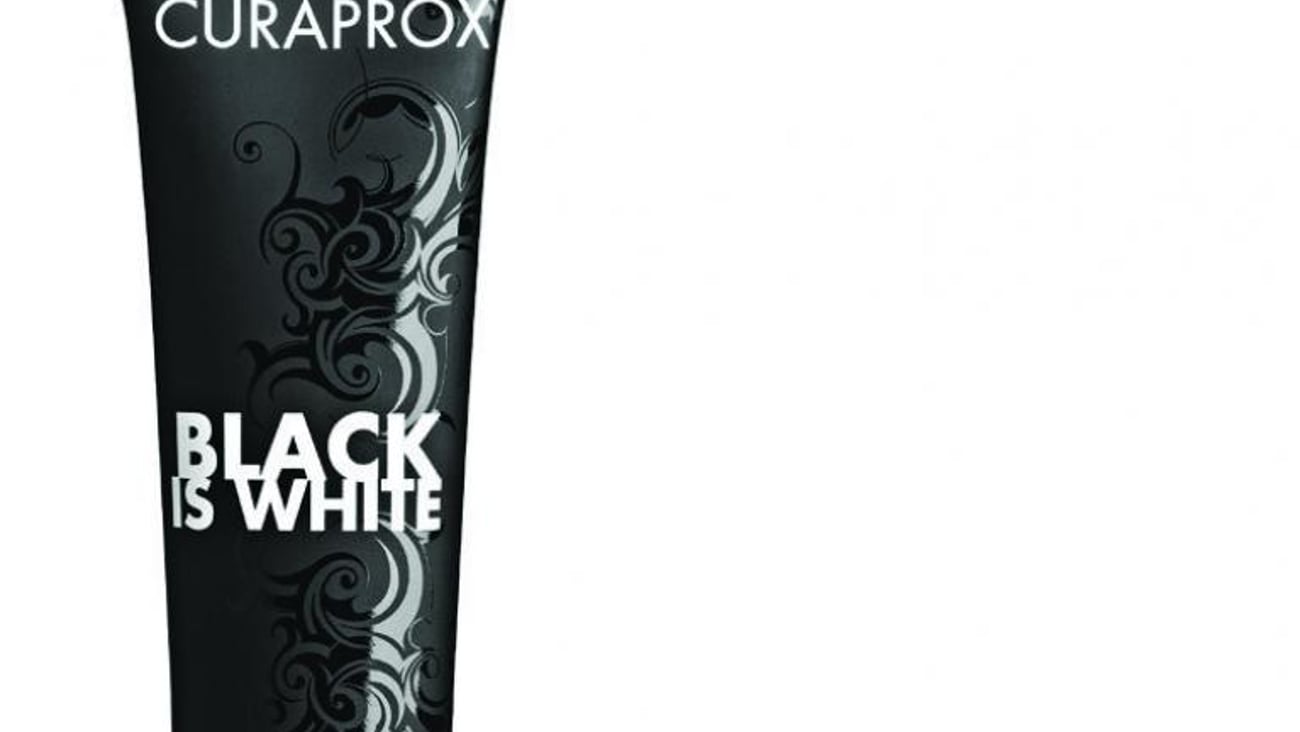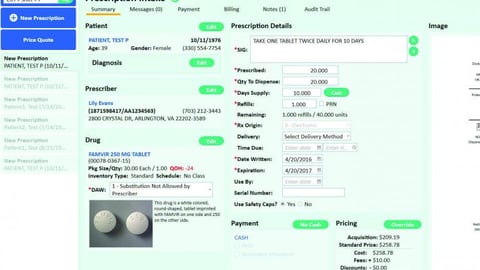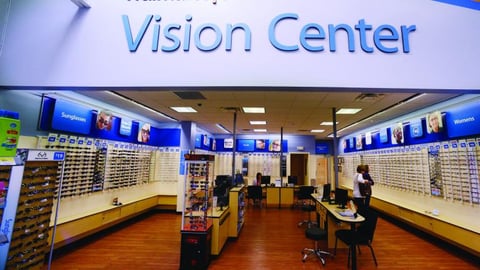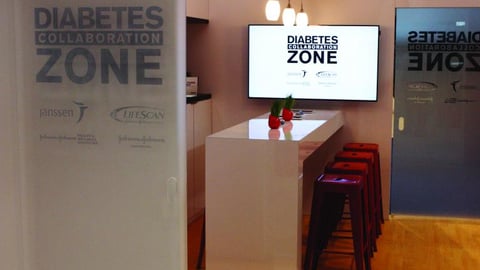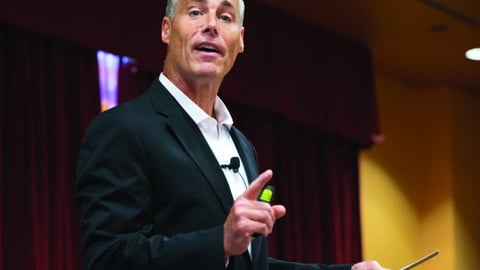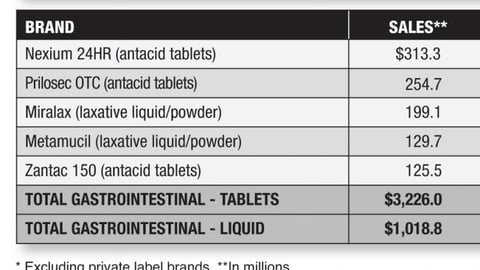-
Whitening the all-natural way
CAMBRIDGESHIRE, U.K. — Swiss oral care brand Curaprox has launched an all-natural whitening toothpaste that removes discoloration by using activated carbon without eroding or bleaching the enamel. Black is White toothpaste contains enzymes that protect against tooth decay and support salivary functions. It also remineralizes tooth enamel and seals exposed dentine channels. The toothpaste comes with a toothbrush and has an SRP of $29.95.
-
ScriptPro streamlines will-call, documentation pain points
As pharmacies fill more prescriptions, while also needing to provide specialty clinical services, pharmacy technology company ScriptPro is positioning itself as a provider of solutions that will ease common pain points that come with increased script volume and the influx of paperwork from clinical services. ScriptPro’s CEO Mike Coughlin shared two forthcoming innovations from the company with Drug Store News, one of which addresses pharmacy documentation needs, and the other of which will help with pain points in the will-call process.

